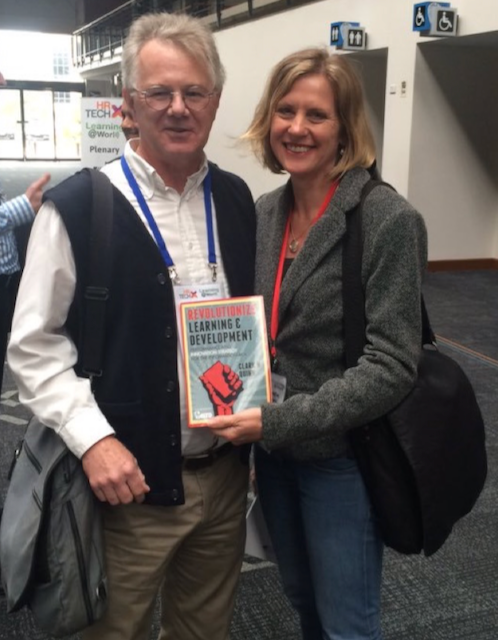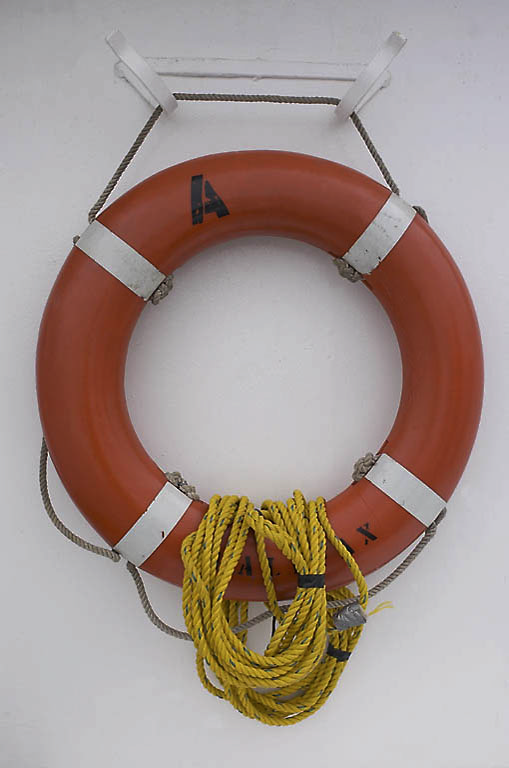I’ve been doing this blog now for 13.5 years (started in January 2006 with my first post), and have generated over 1600 posts in that time. My intentions about productivity started, perhaps, more ambitious, but they settled down a number of years ago. And, I’m finding, they’ve settled again of late. So it’s time to reflect on my status of writing ongoing!
So, while I started with hoping for one every biz day, I was always happy to get 2 or 3 per week. And I’d pretty much settled on meeting a self-imposed goal of 2 per week. Which I’ve kept that up for years; sometimes, like at confs, I’d do 3 per week because of my mind maps, and occasionally I’d only get 1. Yet more weeks than not of late (say, the past few months), I’ve struggled to come up with even 1. What’s going on (he asks himself)?
Ok, during that time, I’ve written four more books (the first one came out before the blog started). And I’ve worked, and written articles, and traveled and spoken, and more. And that’s still status quo. So why have I slipped of late? What’s changed?
Well, for one, I’ve gone from occasional articles, to a monthly column for the Litmos blog for the past 4.5 years, and now to a second monthly column for Learning Solutions for the past 2.5 years. Yet, I’ve been keeping up until the past months.
One thing has changed. M’lady started working part time, and now is full time. Which is fine, because I am quite capable of some household tasks. The planning meals and cooking haven’t really changed in their demands, but I find I am spending more time on shopping in particular. Though that shouldn’t be such a barrier. And it started a year ago.
I’m likely to have another big writing task upcoming (stay tuned ;), and that tends to generate insights. But overall, I’m not feeling positive I’ll be able to continue achieving two posts a week. At least ’til I understand better what’s going on. I’ll shoot for 2, of course, but I feel like I should be open and say that I may only get to 1 a week. That’s where my writing ongoing seems to be headed. We’ll see.




